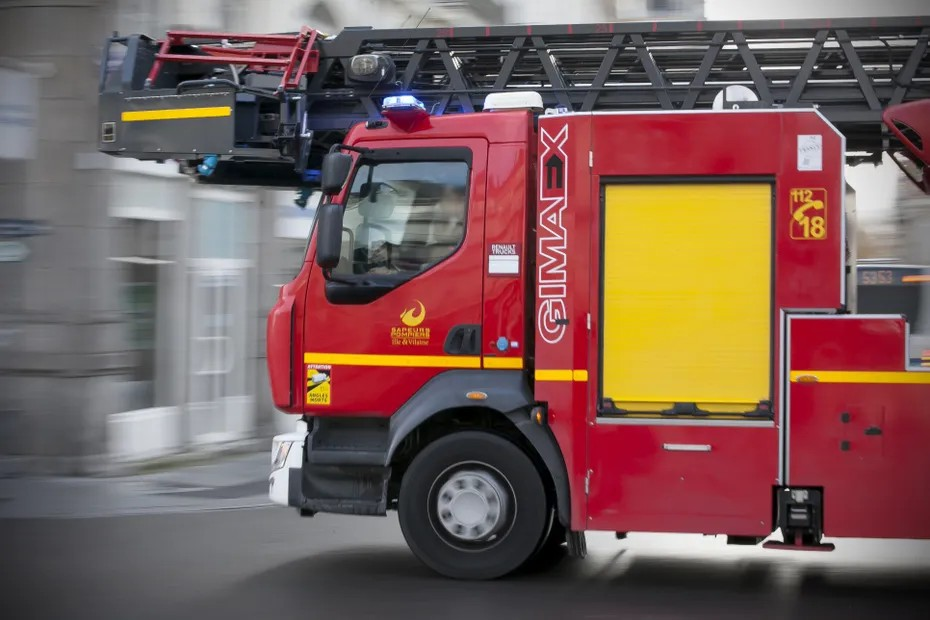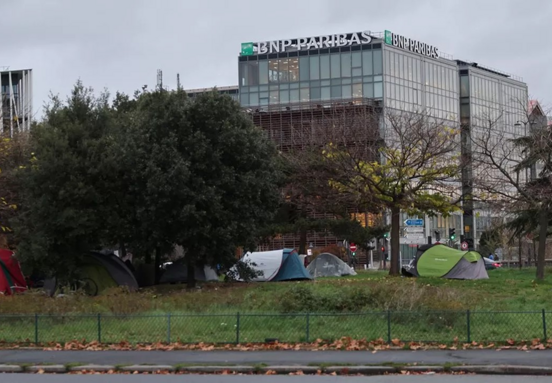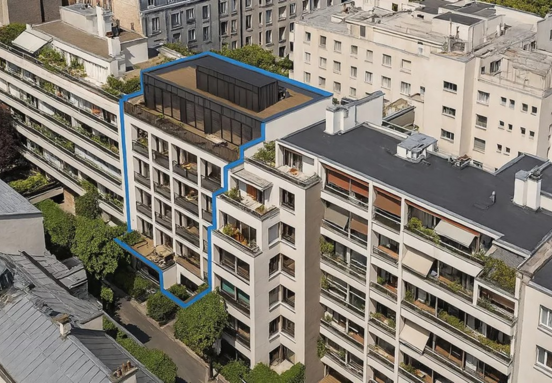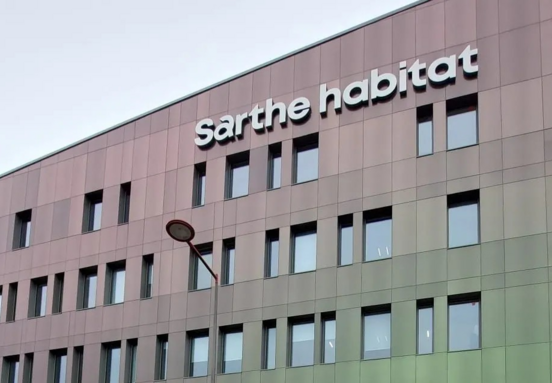On Monday, September 1st, at 8:55 PM, an office building situated at 16 rue Victor Hugo in Redon, Ille-et-Vilaine, experienced a fire incident. The blaze originated on the first floor of the two-story, 300 m2 structure, which also features an attic.
A substantial team of sixteen firefighters from Redon and Fégréac rapidly mobilized to the scene. Their efficient efforts brought the fire under control by approximately 0:30 AM, with no injuries reported, a testament to effective emergency response.
Building resilience and location considerations
For businesses seeking new office or warehouse space, the Redon incident underscores the paramount importance of evaluating a building's inherent resilience and its strategic location. A 300 m2, two-story office building, while common, presents specific challenges and opportunities in fire safety. When considering commercial properties, factors such as construction materials, age of the building, and the presence of modern fire suppression systems should be thoroughly assessed. A robust building infrastructure can significantly mitigate damage and ensure business continuity in unforeseen events.
Furthermore, the location’s proximity to emergency services, like the fire stations in Redon and Fégréac, plays a critical role in rapid response times. This can be a decisive factor in limiting damage and protecting assets. Businesses should research the local emergency infrastructure when scouting locations for their operations.
Prioritizing fire safety and emergency preparedness
The swift action of sixteen firefighters in Redon prevented a potentially more severe outcome, with zero injuries reported. This highlights the crucial role of external emergency services. However, businesses themselves bear a significant responsibility in internal fire safety and emergency preparedness.
When evaluating a commercial property for rent, inquire about existing fire alarms, sprinkler systems, clearly marked exits, and emergency lighting. It is also vital to understand the building's evacuation plan and ensure it aligns with your company's internal safety protocols.
Prospective tenants should also consider the landlord's commitment to regular safety inspections and maintenance of fire safety equipment. A proactive approach to safety not only protects lives and assets but also contributes to a stable and secure working environment, crucial for attracting and retaining talent.
Protecting your investment: business continuity after an incident
While prevention and rapid response are critical, businesses must also plan for the aftermath of an incident. A fire, even if contained, can cause significant disruption, rendering an office space temporarily unusable. This necessitates a robust business continuity plan.
When leasing commercial property, consider asking about the landlord's disaster recovery procedures, insurance coverage for the building, and the potential for temporary alternative space. Your own business insurance, covering equipment, data, and potential revenue loss, should also be thoroughly reviewed.
Understanding the building's safety features and the local emergency response capabilities provides peace of mind, allowing businesses to focus on growth and innovation rather than constantly worrying about unforeseen events. The Redon fire serves as a potent reminder that while unfortunate, such incidents offer valuable lessons for enhancing safety and preparedness in commercial real estate decisions.
Source: franceinfo.fr







